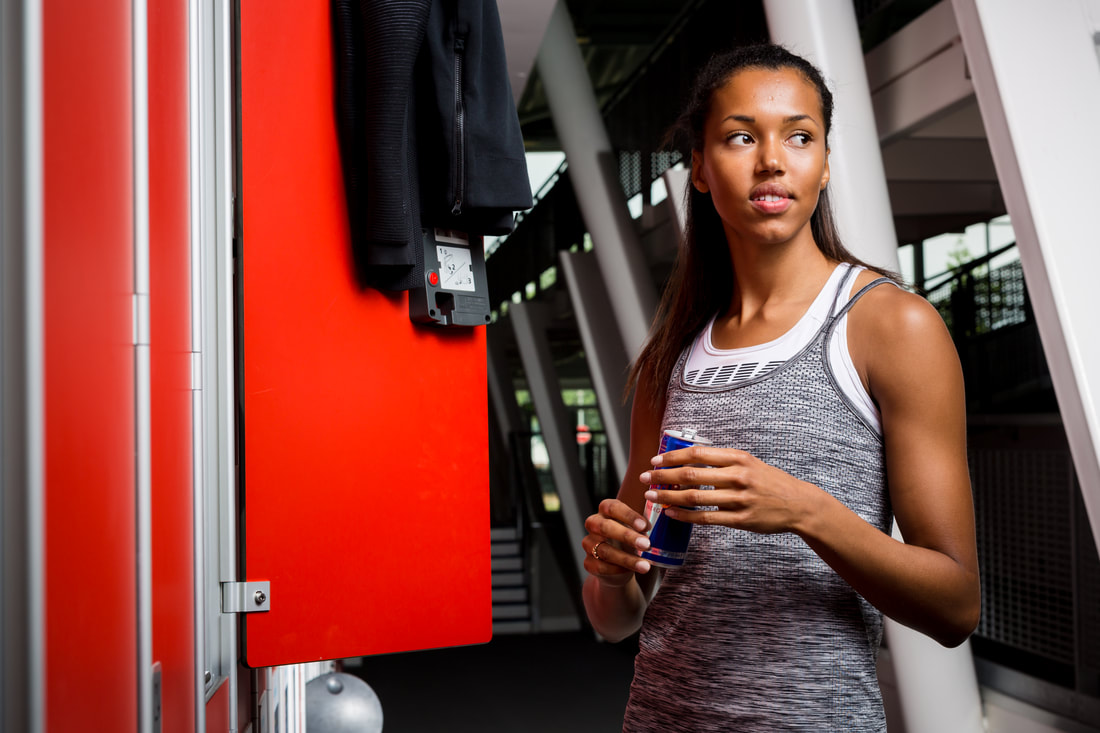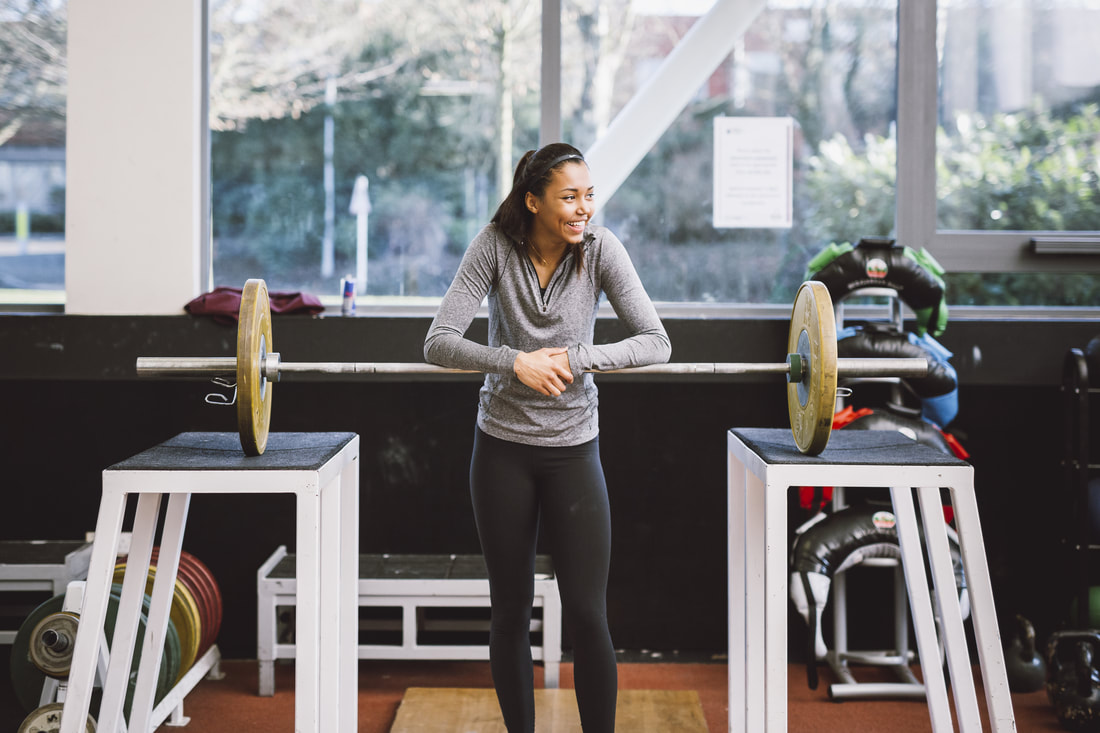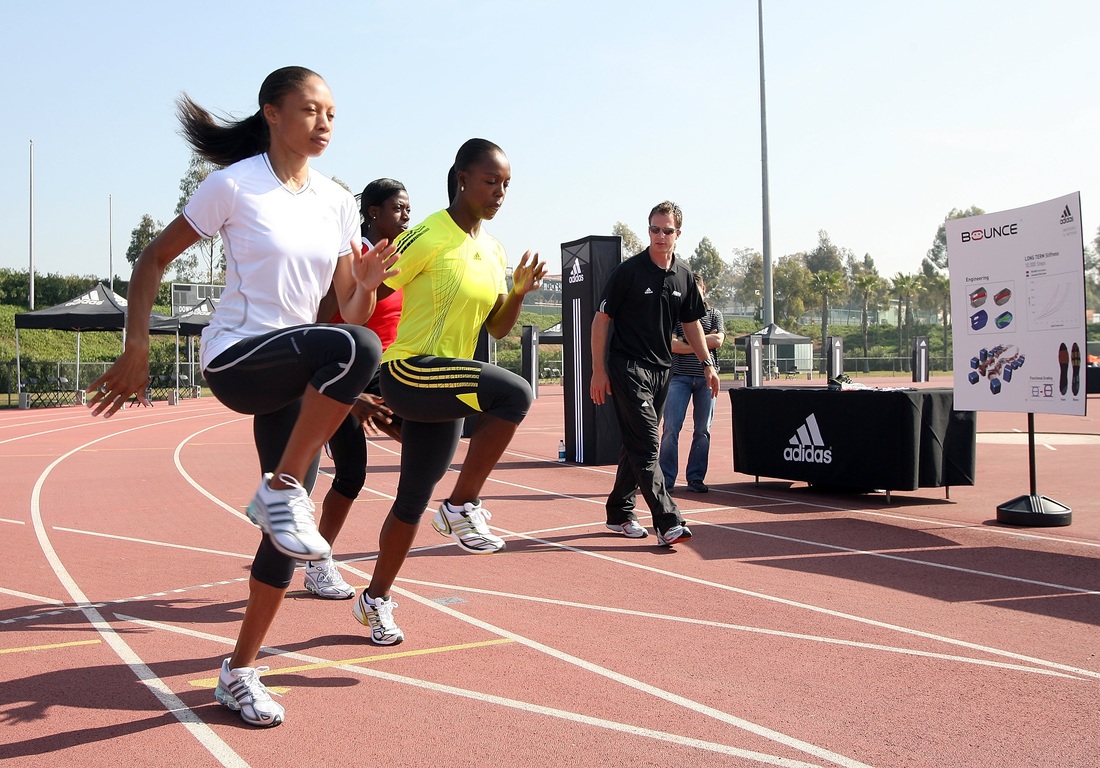|
For a recent assignment for UK athletics magazine Athletics Weekly I was sent to find out how British Rowing uses data to develop its athletes and identify talent pathways. The sport works hand in hand with SAS (the sport's official analytics partner). To promote this partnership and showcase what British Rowing is doing (and do note it is one of Britain's most successful sports) a special talent ID was put on and Morgan Lake (second on the all-time high jump rankings and none other than Olympic long jump champ Greg Rutherford went along to put themselves to the test.
In the AW article I made a comment about learning from rowing: Definitely yes, however, our sport is a much larger and diverse one, but I’ve often thought that searching even among our own ranks for a male and female triple jumper (one of the UK’s weakest events, for example, at present) could be an interesting project. There are so many talented sprinters who won’t unfortunately make it to the very top but who might, for example, do so in the triple (it’s not as hard as rowing!). Some basic speed, strength and power tests would be easy to pull together to determine potentiality. World Class Start Programme https://www.britishrowing.org/gb-rowing-team/rowing-for-gb/world-class-start/ You can see how Lake and Rutherford managed in this short video from the day and in Athletics Weekly (article published 6th Dec 18) https://www.athleticsweekly.com
Click to set custom HTML
1 Comment
Click to set custom HTML
As part of my editorial work, in the main for Athletics Weekly I had the chance to interview Morgan Lake - the UK's top high jumper whose Pb is 1.97m. The snippet below focuses on her training.
You'll find lots of great training and competition advice on AW's site. I've recently interviewed Troy Doris - Guyana's Commonwealth games triple jump winner, 8m jumper Dan bramble and 11.11sec 100m sprinter and Berlin-bound Imani Lansiquot. I'll be posting a few snippets from these in future too. It's great to talk to and learn from great athletes. Morgan Lake on her training JS: How has your training evolved since your move to Loughborough University and the UKA coaching set-up there and your new coach Fuzz Caan? ML: It’s definitely changed... a new coach, new training group, new environment and I’m solely doing high jump this year, so it’s completely changed to be honest. JS: So, in terms of your training load has it reduced since your multi-event days? JS: Yes, definitely the training load has dropped off, but I’m still training five or six times a week. I suppose the quality is that much higher now than when I was doing heptathlon. I have more time to spend doing the gym stuff; more time to work on technique and plyometrics. Obviously, I’ve taken out the 800m training and lactate work and horrible sessions like that although strangely, I do miss that kind of winter work, but I’m still getting a lot of work in. JS: How many technical sessions do you do a week? JSL: We do three technical sessions a week and specifically we will jump on two days out of those three and the other session will focus on run-ups. AW: Have you made changes to your technique since the change of coaching set-up? JS: I have changed my run-up this year. I went from a rolling 8 stride approach to a standing 10. So, that’s quite a big change, as it means I’m getting quite a bit of speed into the bar, which is good, but it also means that I need the strength to cope with that. (Lake went on to talk about how the new approach needs growing into and the specifics of the timing needed for the new run-up, especially in the light of having used the old run-up for so long.) Overall, I think my technique has got gradually better over the years, I’m still trying to get the perfect arch (bar clearance – Ed), get my head back and not knock the bar off with my heels. Overall, it’s been a gradual improvement in my technique, but it’s definitely changed from when I started. JS: What specific conditioning do you do to improve your jumping? ML: We do a lot of work off a box (drop jumps - Ed) which is 10cm to 15cm high… jumping from it and reacting to the ground. We call these “stiffness” jumps. (Leg stiffness is developed by such box jumps, specifically these and other plyometric activities will enhance the transition from a muscle lengthening to a muscle shortening action, as occurs when jumping. This is also known as the stretch-reflex – Ed). We also do a lot of single leg hops, double leg bunny jumps, hurdle bounds and jumps where we react off the ground. JS: What about weight training? ML: Weights are quite new… we’ve really only started doing them properly in 2016. I was doing weights before but only a few certain exercises, like leg press or squats, but now I’m doing weights three times a week. I’m also doing more technical lifts, such as the Olympic lifts. I’m still working on those technically and need to improve before I can take the weight up considerably though.
This is our trailer for our next Track Chat (it'll go live on Friday the 6th October. We - that's myself and Jonathan Ilori talk 400m hurdles with top UK exponent Jacob Paul. Jacoby has dipped under 50 seconds a number of times this year and went to the Euro u23s and the World Student Games. He also ran in the London Diamond League. There's a segment on the type of training you should be doing at the start of the training year and we also review Pippa Earley's late season heptathlon where she went to number 5 on the UK all-time list. Our third show will feature an interview with Janay DaLoach, bronze medallist at London 2012 and 7-metre long jumper. Stay tuned for more Track Chat.
Watch the shows and other athletic coaching content and event reviews HERE I was able to interview one of the greats of track & field Allyson Felix a while back in California.
|
Categories
All
Click to set custom HTML
|
Proudly powered by Weebly





 RSS Feed
RSS Feed
